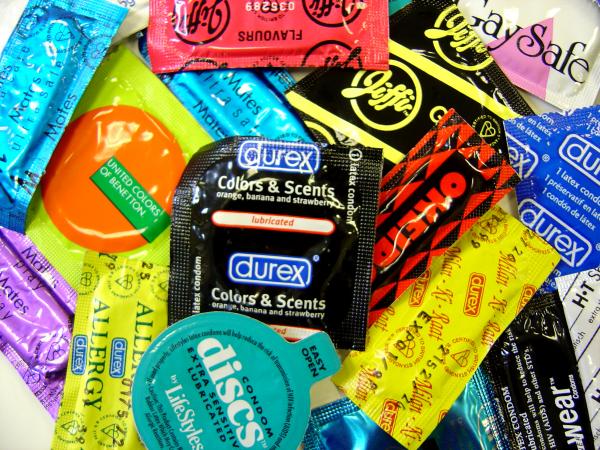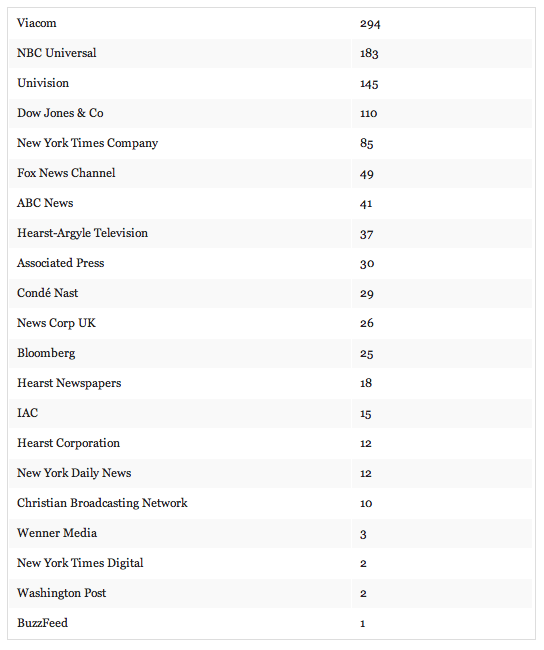
Condoms (Prevention Justice)
Happy Friday!
Apropos of National Condom Week: Would you pay $755 for a box of condoms?
That’s insane, right? But right now, sexually-active and contraception-conscious Venezuelans don’t have much of a choice. That’s how much a 36-pack of Trojan condoms is going for. With the exchange rate, it works out to be $20+ per condom. If you’re shopping around, a 24-back of Durex condoms is selling for $317, making it the (slightly) more economical choice of $13+ per condom. (For context, this is about $10 more than the country’s standard black market rate.)
This is really alarming when you consider that the country’s minimum monthly wage is $888.24.
The Venezuelan people literally cannot afford to have safe sex.
The reason behind these sky-high prices? Oil.
Venezuela exports a lot of the stuff, using it to bring in around 95% of foreign earnings. But oil prices have fallen dramatically recently (over 60% drop within the past seven months), leading to fewer earnings for the country. This, in turn, inhibits Venezuela’s ability to import other basic goods (such as chicken, milk and corn), since their money doesn’t stretch as far. The Bank of America Corporation estimates the the country will import 42% less in earnings than it did in 2012.
Condoms aren’t the only contraceptive that’s hard to come by within the country. Birth control pills are also in high demand, and are very hard to find right now.
According to “Bloomberg Business,” the shortages began in late December, when the Venezuelan government “tightened dollar disbursements amid sliding oil revenue.” The Venezuelan Pharmaceutical Federation offered the following observation:
No condoms were available in 10 eastern and central Caracas pharmacies visited in late January, compared with as many as 20 different kinds available at some locations in November, including Reckitt Benckiser Group plc’s Durex and Church & Dwight Co.’s Trojan brands.
Venezuelan President Nicolas Maduro was attempting to fix this problem before it started: Last June, he announced that the government was building a condom factory to meet the country’s demand. But since then, customers disliked the quality of the condoms, and demand often outpaced supply.
Another factor in this saga is Venezuela’s own sexual health stats. According to a 2012 World Bank study, the country has the fifth-highest number of teen pregnancies out of the 21 Latin America countries. (This averages out to be 88+ live births for women ages 15-19 for every 1K women.) It also has the fourth-highest number of people living with AIDS on the continent.
If this condom (and birth control) shortage continues, it’ll impact Venezuela’s teen pregnancy and AIDS population for the worse. As prices rise, people will become more inclined to completely forgo any birth control method, and the government might not be able to support the overwhelming resulting birth rate. Let’s hope a solution arrives before these things come to pass.
I’m just thankful condoms are not only cheaper than a child, but also cheaper than a month’s rent.










